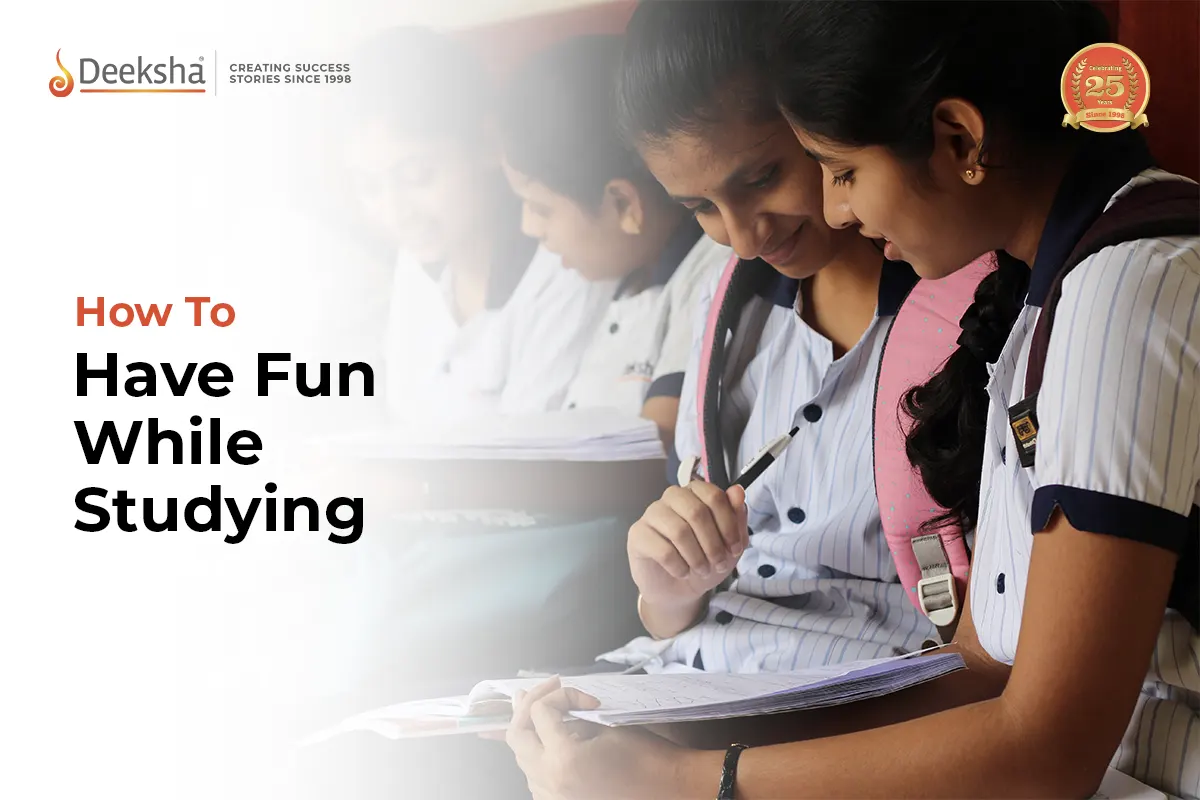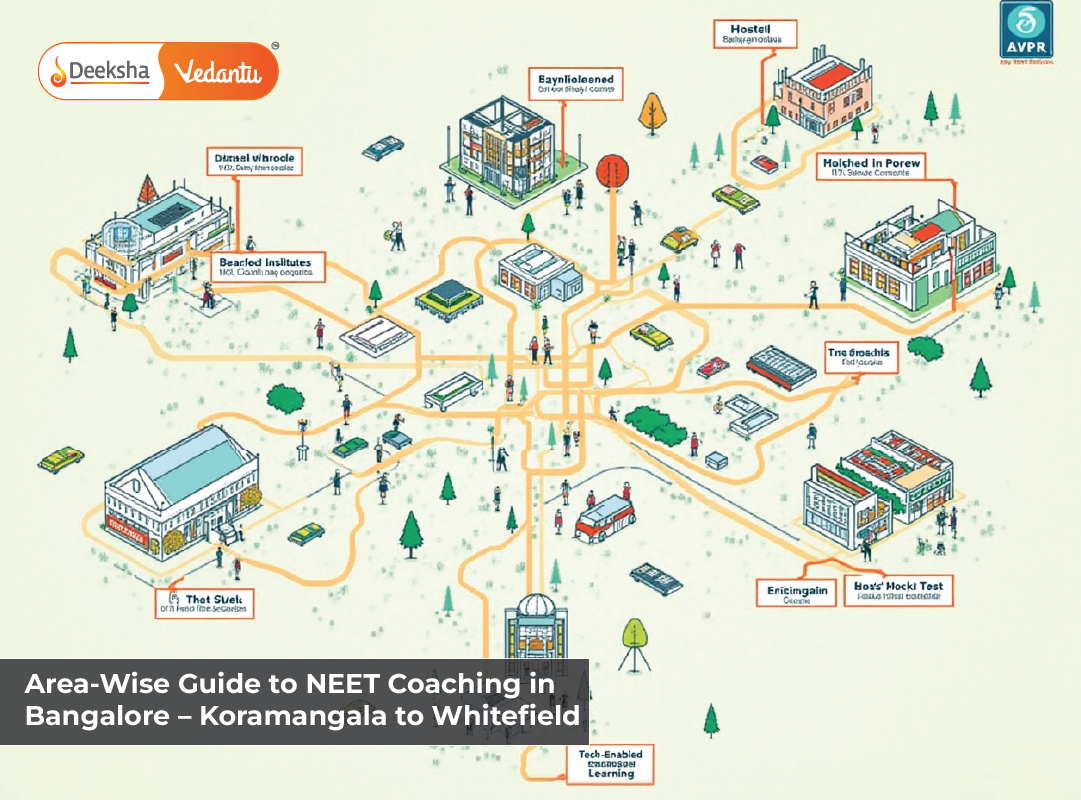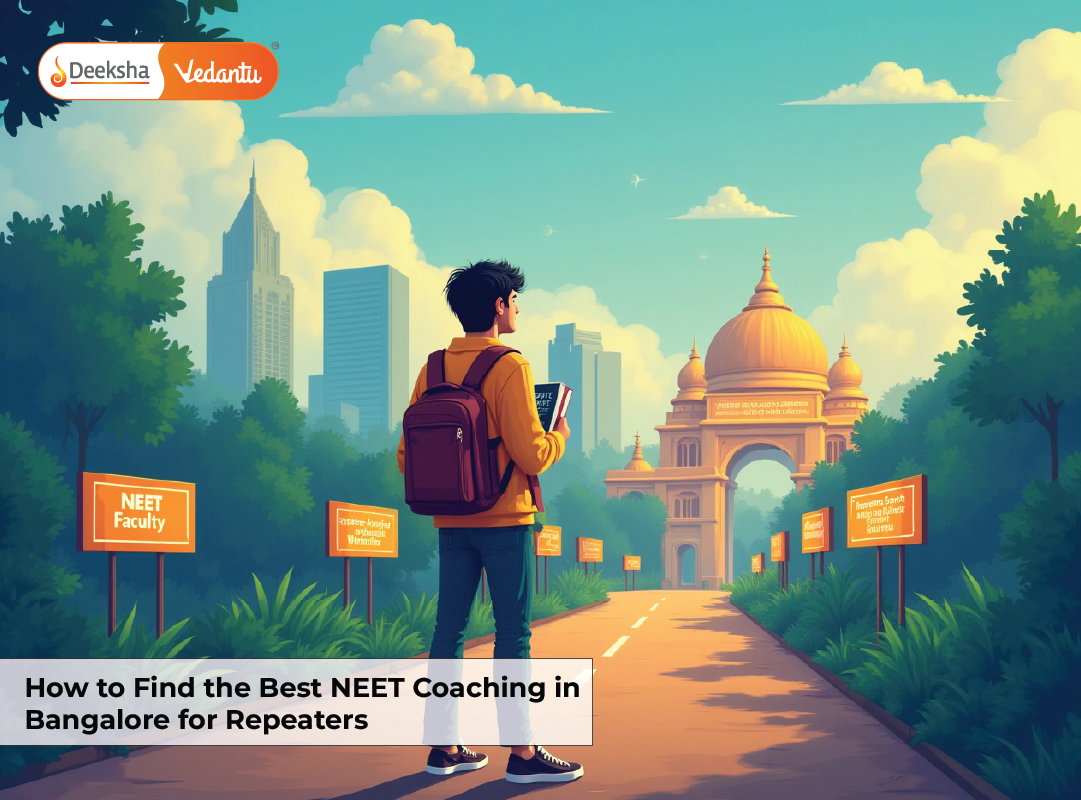In the journey of education, studying doesn’t have to be a task you dread; it can be transformed into an enjoyable and rewarding experience. For students, especially those in 10th grade standing on the cusp of crucial competitive exams, finding the right approach to study is more than a necessity—it’s a key to unlocking potential and achieving academic goals. This introductory exploration aims to shed light on how to study with joy and effectiveness, integrating the best study methods that cater to the diverse needs of young learners.
The challenge for 10th graders is not just the volume of material to be mastered but also the variety of subjects, each demanding its unique strategy for learning. From the sciences to the humanities, each discipline requires a different set of skills and study techniques. This is where the art of studying smartly comes into play, offering a beacon of hope for students navigating the intricate landscape of preparatory courses and exams.
Incorporating fun into studying isn’t about making light of these challenges; it’s about enhancing the learning process through engagement, creativity, and personalization. The aim is to introduce students to study tips and methods that not only boost their academic performance but also ignite a passion for learning. By embracing a more dynamic and enjoyable approach to studying, students can overcome the anxiety often associated with exams and coursework, turning what once seemed like insurmountable obstacles into stepping stones towards success.
This guide seeks to provide practical advice on how to make studying a more delightful and less daunting task. By focusing on innovative study tips and adopting the best study methods, 10th-grade students can prepare for their competitive exams with confidence and enthusiasm, setting a solid foundation for their future educational endeavors.
Understanding Your Learning Style
Recognizing and adapting to your unique learning style is a cornerstone of educational success, allowing for the application of the best study methods tailored specifically to you. Broadly categorized into visual, auditory, and kinesthetic, each learning style engages different senses and cognitive processes, impacting how information is absorbed, processed, and retained.
Visual learners excel when material is presented in diagrams, charts, and written formats, benefiting from the use of color-coding and mind maps. Auditory learners, on the other hand, find success through listening, benefiting greatly from lectures, discussions, and utilizing mnemonic devices. Kinesthetic learners thrive on movement and hands-on experiences, making learning active through experiments and real-life applications.
Identifying your predominant learning style enhances study efficiency. For visual learners, integrating visual aids into your notes can be tremendously effective. Auditory learners can record lectures to replay them or explain new concepts to peers as a form of revision. Kinesthetic learners should seek opportunities to apply what they’ve learned in practical settings, turning theory into tangible experience.
Adapting your study habits to align with your learning style not only makes studying more effective but also more enjoyable. By embracing these personalized learning tips, students can significantly improve their academic performance and overall learning experience.
Incorporating Fun Into Study Sessions
Incorporating fun into study sessions transforms the learning process, making it engaging and productive. Three secret study tips include gamification, forming study groups, and leveraging educational apps, each bringing a unique blend of enjoyment and effectiveness to the study routine.
- Gamification involves turning study material into games. Whether it’s creating a quiz game, using flashcard apps, or setting up rewards for achievements, gamification injects an element of competition and fun, making the learning experience more dynamic.
- Study groups offer a collaborative environment where students can share insights, challenge each other’s understanding, and tackle complex topics together. This social aspect of studying not only breaks the monotony but also enhances comprehension through discussion and explanation.
- Educational apps provide interactive learning experiences, offering a range of tools to suit different subjects and learning styles. From language learning to solving complex mathematical problems, these apps make learning accessible and entertaining.
By mixing study topics, students can keep their minds engaged and avoid the fatigue that comes with focusing on a single subject for too long. Alternating between subjects can refresh the mind and enhance retention.
These strategies not only make studying fun but also more effective, tapping into the intrinsic motivations of students and fostering a deeper love for learning.
Time Management and Breaks
Effective time management and regular breaks are critical components of a successful study plan, especially when preparing for exams. By organizing study sessions and incorporating scheduled pauses, students can maximize focus and retain information more efficiently.
The Pomodoro Technique stands out as a powerful study method, advocating for 25-minute focused study sessions followed by a 5-minute break. This approach not only helps in maintaining concentration but also in preventing burnout. After four consecutive Pomodoro sessions, a longer break of 15-30 minutes is recommended, providing ample time to recharge mentally.
Incorporating leisure activities during these breaks plays a crucial role in rejuvenation. Activities such as a short walk, stretching exercises, or a quick hobby session can significantly boost mental energy levels. These activities offer a mental reset, allowing the brain to process information subconsciously, leading to better problem-solving skills and creativity upon returning to study tasks.
Adhering to a structured schedule that includes these strategies ensures that study sessions are both productive and sustainable. By acknowledging the importance of time management and the need for regular breaks, students can enhance their study efficiency, paving the way for academic success in their exams.
Preparing for Exams Without the Stress
Preparing for exams can be a daunting task, but with the right strategies, it’s possible to minimize stress and maximize efficiency. The key to successful exam preparation lies in a well-organized approach that combines effective study tips and techniques.
- Creating a Study Timetable: Start by breaking down your revision into manageable chunks. Allocate specific times for each subject, ensuring a balanced schedule that covers all topics without overwhelming you. A study timetable not only helps in organizing your day but also in setting clear goals and priorities, making your study sessions more focused and productive.
- Practicing Past Papers: Familiarizing yourself with the format and type of questions asked in previous exams is invaluable. Practice under timed conditions to simulate the exam environment, which can enhance your time management skills and reduce anxiety. Reviewing these papers also helps identify areas that require more attention, enabling targeted revision.
- Understanding the Exam Format: Knowing what to expect can significantly reduce pre-exam nerves. Research the structure of your upcoming exams, the marking scheme, and any guidelines provided by the examining body. This knowledge allows you to tailor your study sessions to the exam’s demands, focusing on areas that carry more weight.
- Effective Study Techniques: Employ studying techniques that suit your learning style, such as summarizing notes, creating mind maps, or teaching concepts to a peer. Mixing different methods can keep your revision sessions fresh and engaging, preventing burnout.
- Studying at Home: Create a dedicated, distraction-free study space. This signals to your brain that it’s time to focus, enhancing concentration. Incorporating short breaks and rewards for completing study goals can also boost motivation.
By adopting these strategies, students can approach their exams with confidence, knowing they have prepared in a way that maximizes their potential while keeping stress at bay.
Fun Games to Play While Studying That Can Help Relieve Stress
Incorporating games into study sessions can transform the learning experience, making it enjoyable and reducing stress. Whether you’re studying alone, with peers, or alongside parents, there are engaging games tailored to each setting. These activities not only lighten the mood but also reinforce learning in a dynamic and memorable way.
Solo Games
- Quizlet Live: Turn your study notes into a quiz game where you challenge yourself to beat your previous scores. This digital platform allows for the creation of flashcards and games, making solo study sessions interactive and fun.
- Educational Apps: Apps like Duolingo for language learning or practice exercises gamify the learning process. Choose an app relevant to your study topic and set daily challenges for yourself.
- Memory Challenges: Create a set of flashcards related to your study material. Mix them up and lay them face down. Challenge yourself to match pairs or recall details from memory, timing your sessions to add a competitive edge.
With Study Groups
- Jeopardy: Adapt the classic game show format to your study topics. Group members can contribute questions in various categories, competing in teams or individually to earn points for correct answers.
- Pictionary or Charades: These games are fantastic for visual or kinetic learners. Use terms or concepts from your study materials as prompts, with participants drawing or acting them out for others to guess.
- Trivia Night: Host a trivia night with your study group, focusing on your subject material. This not only tests your knowledge but also helps in identifying areas that need more attention.
With Parents
- Board Games with an Educational Twist: Modify board games like Scrabble or Monopoly to include vocabulary or concepts from your studies. For instance, in Scrabble, only allow words related to your subjects.
- Role-Playing Interviews: Have your parents act as examiners who interview you on your subjects. This game is particularly useful for subjects like history or literature, where you can role-play as historical figures or literary characters.
- DIY Science Experiments: For subjects like chemistry or physics, involve your parents in conducting simple, safe experiments at home. This hands-on approach not only helps in understanding concepts better but also makes for a fun, collaborative activity.
Integrating games into your study routine is an effective way to relieve stress and enhance learning. By adapting these activities to suit solo study, group revisions, or family time, you can make studying an enjoyable and productive endeavor.
Conclusion
Transforming study sessions from mundane tasks into engaging and fun experiences can significantly enhance learning and retention. By employing a variety of creative strategies—whether studying solo, with peers, or alongside parents—students can make the process more enjoyable and less stressful. Incorporating games, understanding personal learning styles, managing time efficiently, and preparing for exams with tailored techniques are all key components of a successful study plan. We encourage students and parents alike to embrace these study tips for exams, viewing education as a journey of discovery and joy. Approaching studying with a positive and playful mindset not only boosts academic performance but also fosters a lifelong love for learning.
Table of Contents















Get Social